Asteroid Impact
Asteroids are small, rocky objects that orbit the Sun, primarily found in the asteroid belt between Mars and Jupiter. Unlike planets, asteroids are much smaller and lack the spherical shape due to insufficient gravity to pull them into a round form. They are remnants from the early solar system, composed of materials like rock, metal, and sometimes ice, that never coalesced into a planet.
Key Points About Asteroids:
- "Location": Most asteroids are located in the asteroid belt, but they can also be found throughout the solar system, including near Earth.
- "Size": Asteroids vary greatly in size, from small boulders to objects that are hundreds of kilometers in diameter.
- "Composition": They are made primarily of rock and metal. Some have a significant amount of carbon or ice.
- "Impact on Earth": Occasionally, asteroids collide with Earth, and depending on their size, they can cause significant damage. The most famous such event is believed to have contributed to the extinction of the dinosaurs.
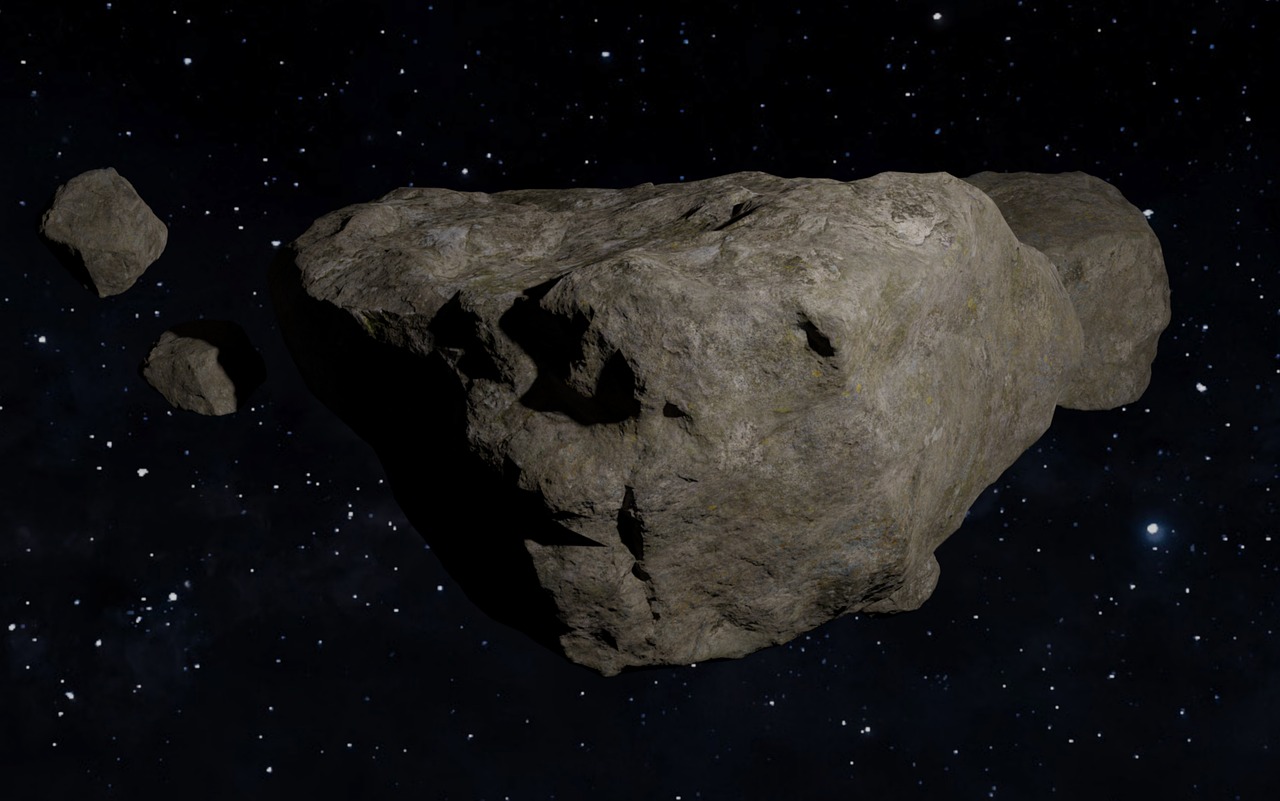
What are the differences between an asteroid, comet, meteoroid, meteor, and meteorite?
Asteroid
- A relatively small, inactive body orbiting the Sun. Asteroids are typically composed of rocky, dusty, and metallic materials. Most orbit within the main asteroid belt, between the orbits of Mars and Jupiter, but some follow paths that circulate into the inner solar system (including near-Earth asteroids), while others remain outside the orbit of Neptune.
Comet
- A relatively small Sun-orbiting body that contains ices that vaporize when it gets close to the Sun and heats up, forming a large visible atmosphere (coma) around the object and, sometimes, a diffuse tail that can be millions of miles long. Comets typically follow long elliptical orbits in which they spend most of their time far from the Sun.
Meteoroid
- A small Sun-orbiting rock or particle less than about 3 feet (1 meter) in size.
Meteor
- A light phenomenon that results when a meteoroid enters the Earth’s atmosphere and disintegrates; popularly known as a “shooting star.” A larger object, such as a small asteroid, produces a very bright meteor called a fireball or bolide when entering the atmosphere.
Meteorite
- A leftover piece of meteoroid or asteroid that survives its passage through the Earth's atmosphere and lands on Earth's surface.
All the above are of great interest to scientists because they are considered to be relatively unchanged remnants from the formation of the solar system, offering clues about its early history.
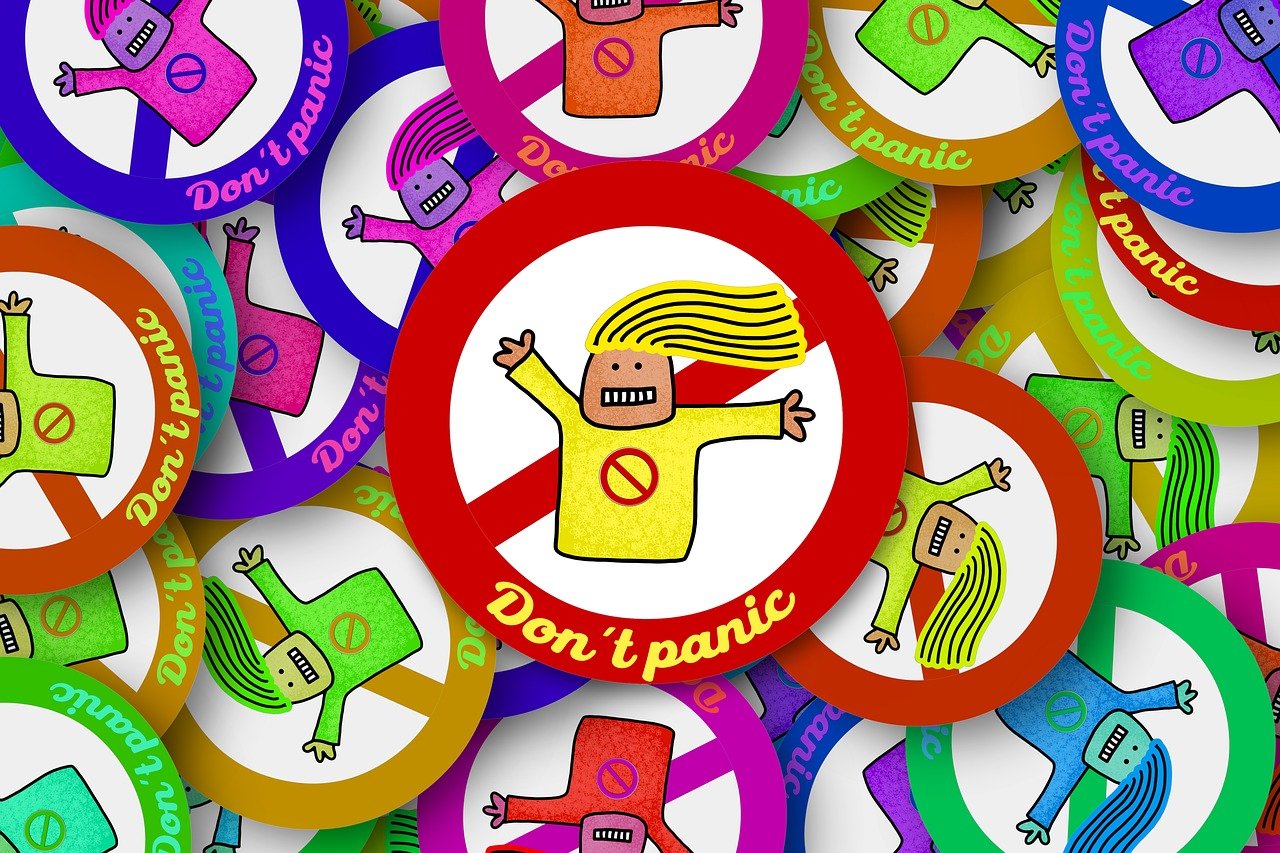
- Details
- Category: Asteroids and Meteors
- 701
Asteroid 2024 YR4 is a near-Earth object that has garnered significant attention due to its potential risk of impacting Earth. Here's what we know so far:
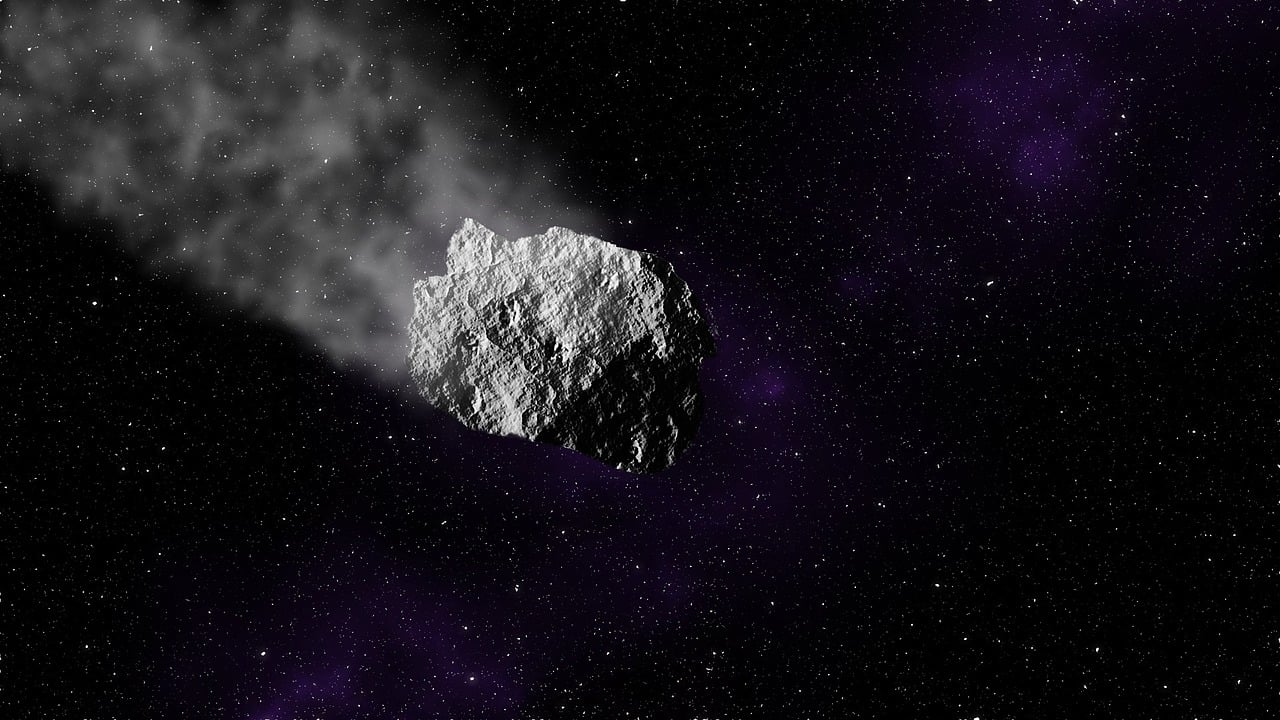
- Details
- Category: Asteroids and Meteors
- 621
Asteroid Apophis (officially known as 99942 Apophis) has sparked considerable interest due to its size and its initially alarming projections for a potential Earth impact. When it was first discovered in 2004, early estimates suggested a relatively high probability of Apophis hitting Earth in 2029. However, further observations and calculations have significantly reduced the likelihood of any impact, both in the near and distant future.
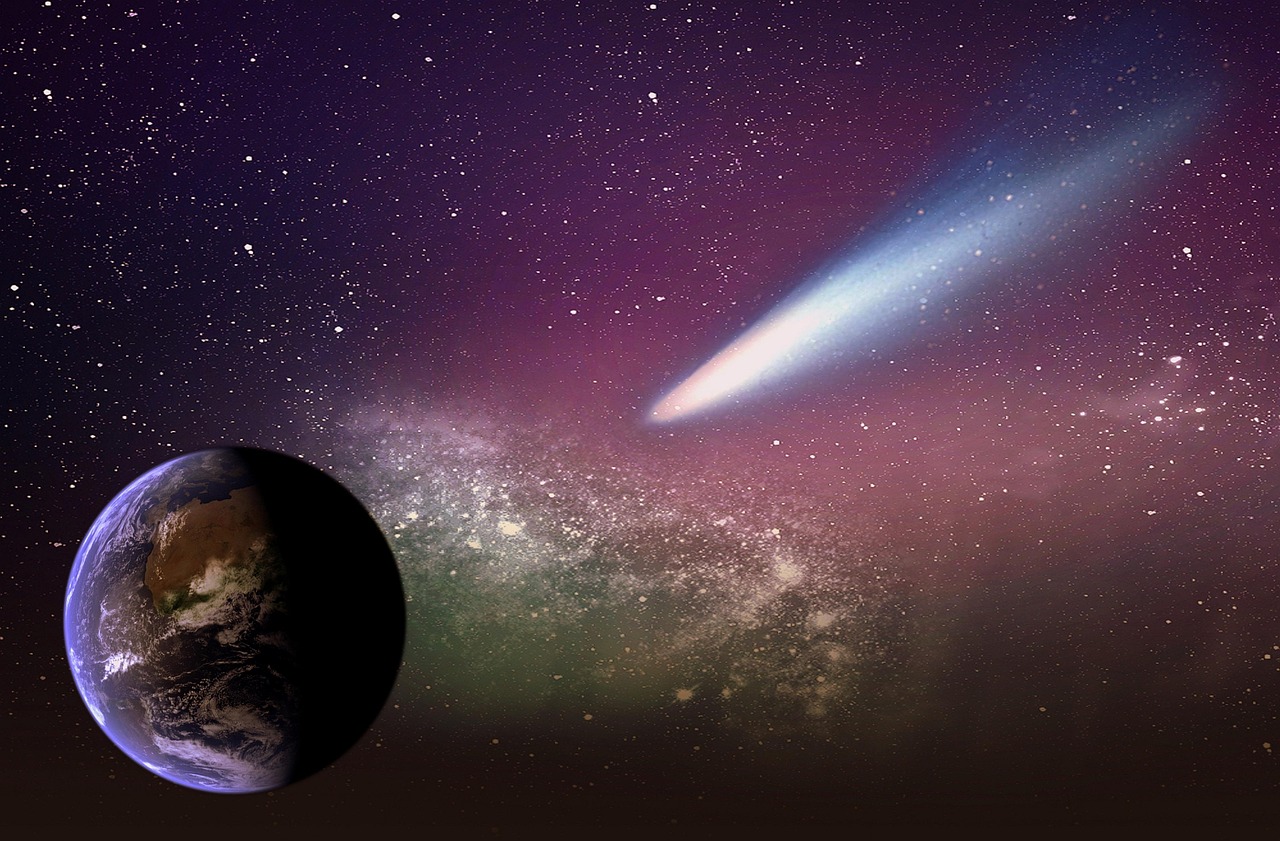
- Details
- Category: Space-Based or Other Cosmic Hazards
- 41
The “3I/ATLAS = alien spaceship” rumor has been floating around since late 2024, when amateur astronomers spotted an odd new interstellar object. Let’s clear it up step-by-step.
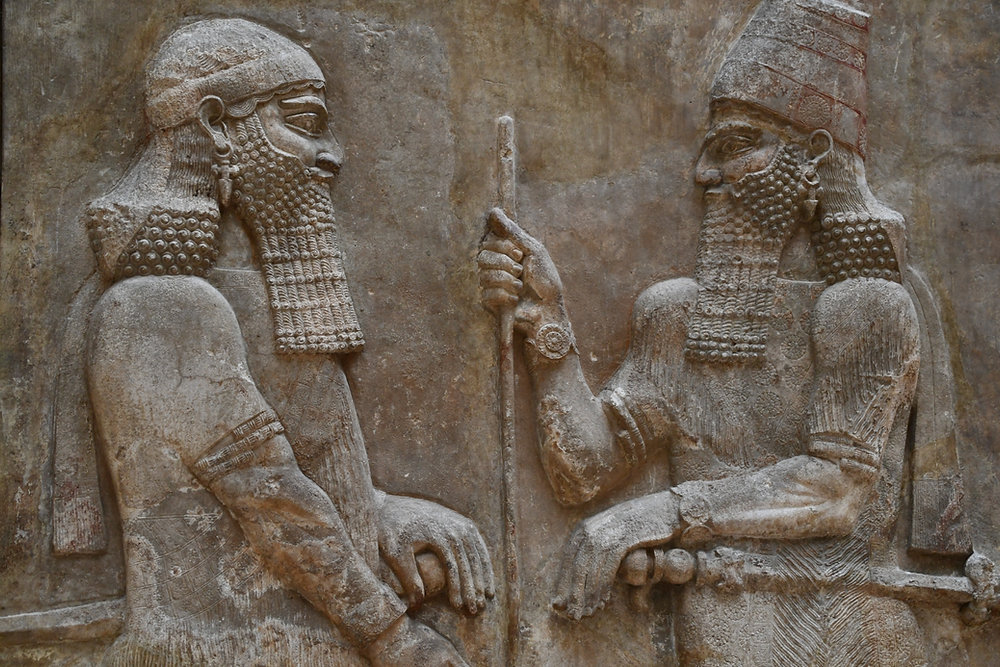
- Details
- Category: Space-Based or Other Cosmic Hazards
- 461
The Annunaki are figures from ancient Mesopotamian mythology, particularly associated with the Sumerians, Akkadians, Assyrians, and Babylonians. In these mythologies, the Annunaki were a group of deities believed to be descendants of the sky god Anu, who was one of the primary gods in the Sumerian pantheon. The name "Annunaki" itself is often translated as "those who came from heaven to earth."
Here's a deeper look at the concept of the Annunaki and the mythology surrounding them:
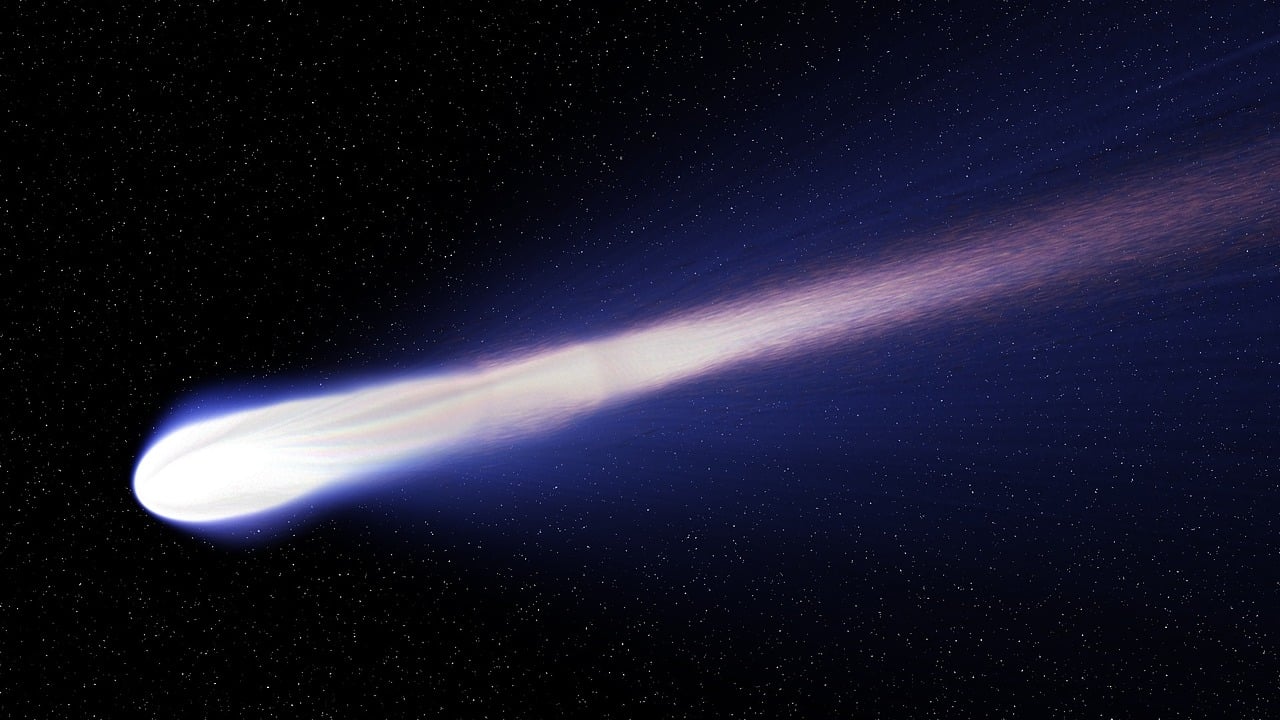
- Details
- Category: Space-Based or Other Cosmic Hazards
- 465
The possibility of a huge comet striking Earth is a real but statistically rare event. Earth has been hit by comets and asteroids multiple times throughout its history, some of which have had significant effects on the planet’s environment and life. Here's a breakdown of what we know about the potential for such an event and how we are preparing for it:
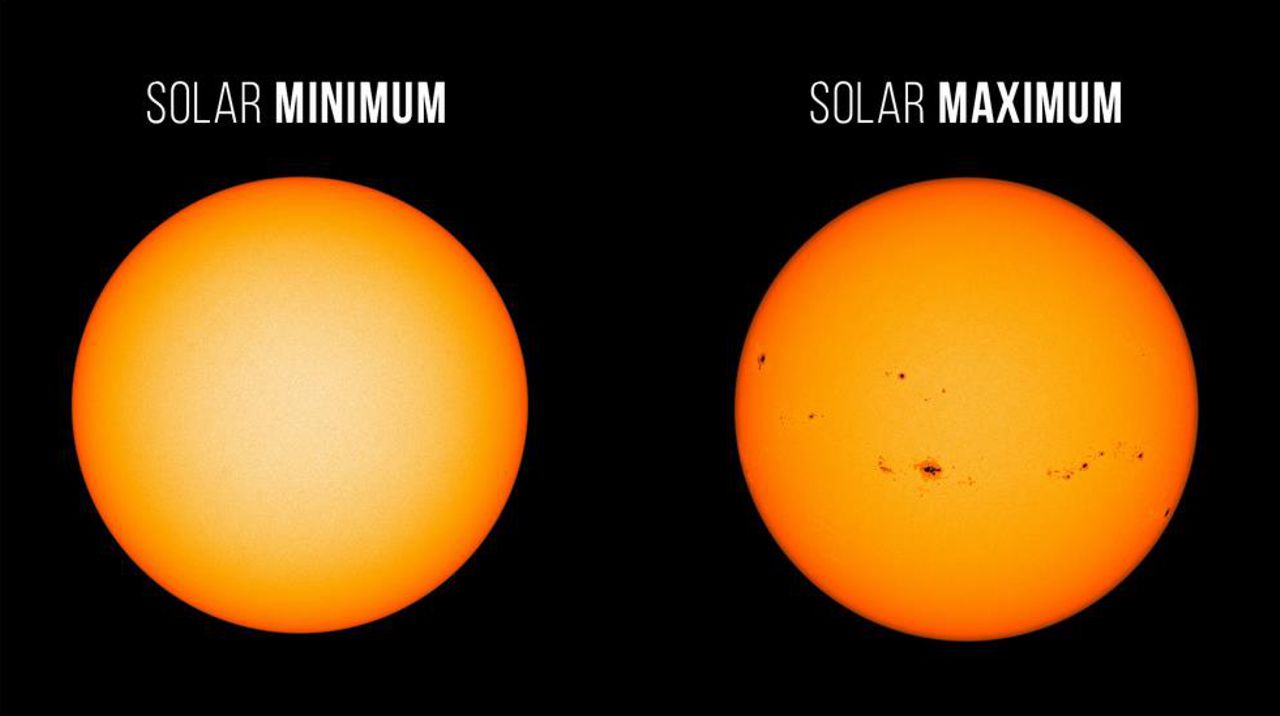
- Details
- Category: Space-Based or Other Cosmic Hazards
- 444
The Sun reaching its solar maximum marks the peak of its 11-year solar activity cycle, where sunspots, solar flares, and coronal mass ejections (CMEs) are at their highest. The solar maximum is the most active phase of the solar cycle (also known as the solar magnetic activity cycle). Here’s what typically happens after the Sun reaches its solar maximum:

- Details
- Category: Space-Based or Other Cosmic Hazards
- 513
A Julian date (JD) is a continuous count of days and fractions of a day since a starting point in time. It’s primarily used in astronomy, science, and other fields where precise timekeeping is important. Here’s a breakdown of the Julian date system:
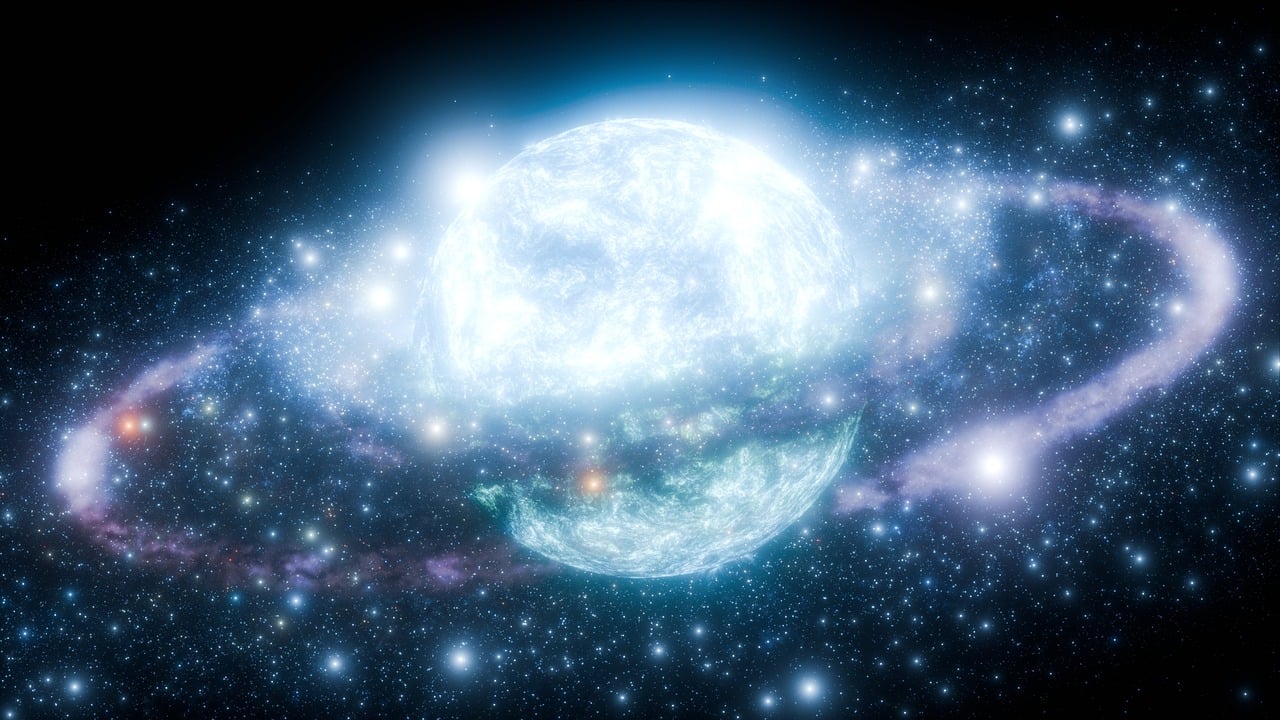
- Details
- Category: Space-Based or Other Cosmic Hazards
- 529
RX J1856.5-3754 is a type of neutron star known as an isolated neutron star or sometimes called a "magnificent seven" member, which is a group of X-ray emitting neutron stars. It is located approximately 400 light-years away from Earth in the constellation Corona Australis. Despite being a relatively close astronomical object, it poses no danger to Earth.
Here are some key points to consider: